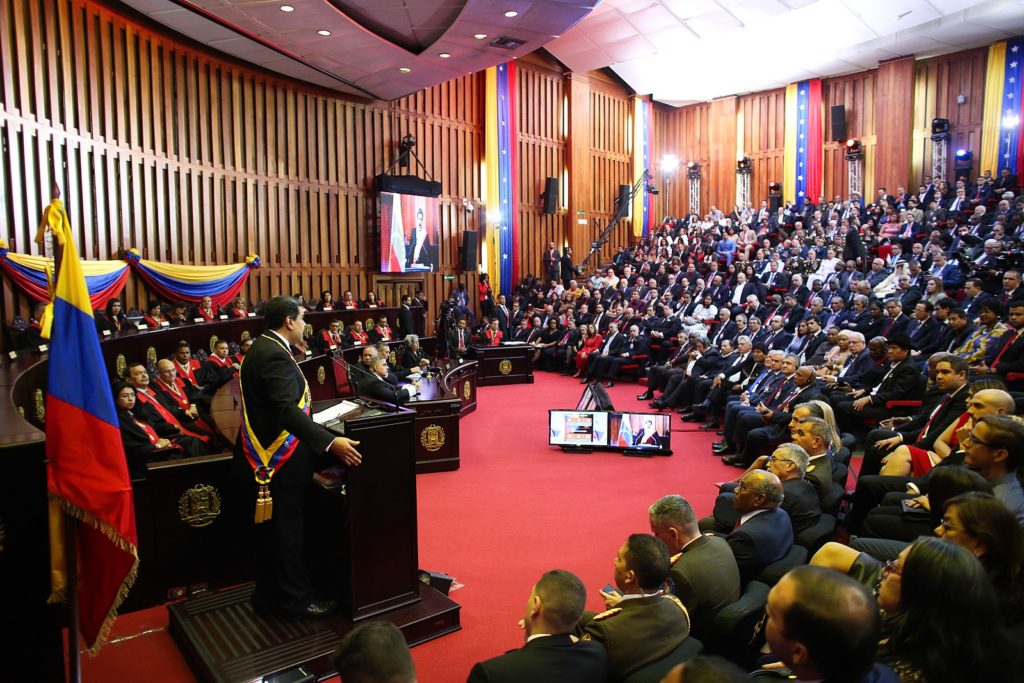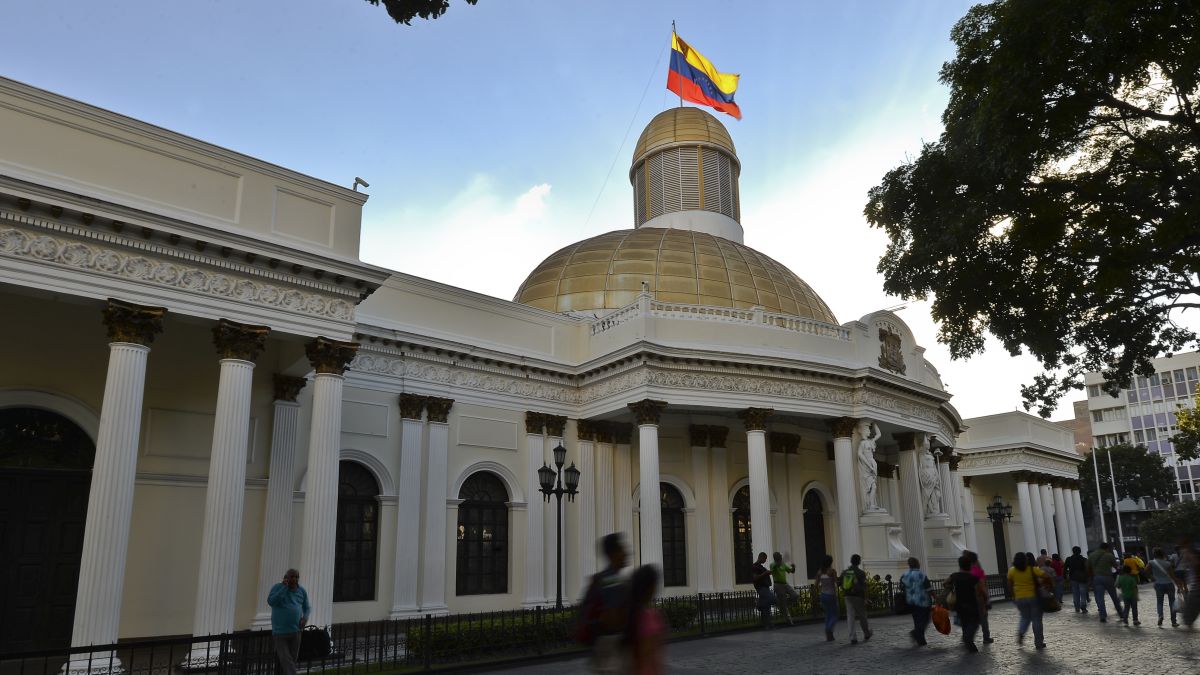As in other aspects of life in Venezuela, humanitarian work has been affected by the quarantine established to prevent the spread of the coronavirus.
Three NGOs consulted by Voz de América (Voice of America VOA) say that the lack of fuel, a persistent problem in many states of the country, has affected their capabilities.
“The situation we are currently experiencing is an emergency within the emergency. In other words, we are already living in a humanitarian emergency, and COVID-19 is simply an alternate emergency, “explains Luis Francisco Cabezas, director of Convite.
This civil association was created in 2006 and is focused on defending the rights of the elderly and their right to health.
He explains that fuel shortages now add to the country’s difficulties, such as persecution from the State, the collapse of public services, or criminality.
“We are unable to visit some nursing homes because we do lack gear, why cannot we obtain a pass to refuel,” Cabezas told the VOA.
The director of Prepara Familia, Katherine Martínez, agrees with Cabezas when describing the coronavirus as an “emergency that adds to the very serious situation we are experiencing in Venezuela.”
Her organization assists and defends the rights of children and adolescents hospitalized with chronic pathologies and caregiver women. They have been working since 2008 at the J. M. de Los Ríos Hospital, the most important pediatric hospital in the country, and other pediatric hospital units in the country’s capital city.
She states that nowadays it is very difficult for them to pick up donations or supplies and deliver them due to the transportation crisis, so she asks that organizations be guaranteed priority access to fuel.
“We are not going out for a walk with our vehicles, on the contrary, we are doing humanitarian work,” she explains to the VOA.
For his part, Feliciano Reyna, president of Acción Solidaria, explains that many Venezuelan organizations began involving themselves “a little due to the circumstances” since they had been working on issues that later related to the humanitarian field.
His civil association was created almost 25 years ago to care for people with HIV, but over time it expanded to form a coalition of organizations dedicated to the right to health and life.
He notes that allied organizations have also warned that not being able to move around due to the lack of fuel has translated into a noticeable decrease in their capacities, affecting the people they serve.
In the case of his organization, Acción Solidaria, they had managed to distribute between 50,000 and 80,000 treatments per month, “and all of this has almost stopped,” Reyna told the Voice of America.
“From a complex situation where we managed to keep operating and be flexible in our work albeit the obstacles, we are now going through a reality that is much more restrictive, more difficult, riskier,” he adds.
According to the United Nations Office for the Coordination of Humanitarian Affairs (OCHA), 7 million Venezuelans need assistance.
The UN’s 2019 Humanitarian Response Plan for Venezuela collected 34 percent of the requested funds, being able to offer humanitarian assistance to 2.4 million people, from July to December last year.
The UN has worked with 81 operational actors, of which 59 are national NGOs. The rest are international NGOs, the Red Cross movement, the Academy and the United Nations agencies, funds, and programs in the country.
OCHA also included Venezuela in its Global Humanitarian Outlook 2020 for the first time, as posted on its website.
A glance through the Convite social networks shows that they have continued to work to the best of their abilities. Prepara Familia also chose to continue their work through an Instagram Live every Tuesday night to discuss different topics along with doctors from the J.M. de Los Ríos Hospital.
However, Martínez points out that “At this moment we need our humanitarian work to be respected and we need to have all the guarantees to be able to operate.”
Meanwhile, Reyna stresses that if the coronavirus spreads in Venezuela the same as in other countries, “the situation is probably going to turn into something much more complex and more in need of international aid and the willingness to receive it”.
At the end of April, disputed president Nicolás Maduro assured that: “We are ready to receive any humanitarian aid, from any country or government, today.”
Since the beginning of the pandemic, in just two months the disputed government has received shipments of humanitarian aid from allies such as Russia and China, but also the UN and the Red Cross.




